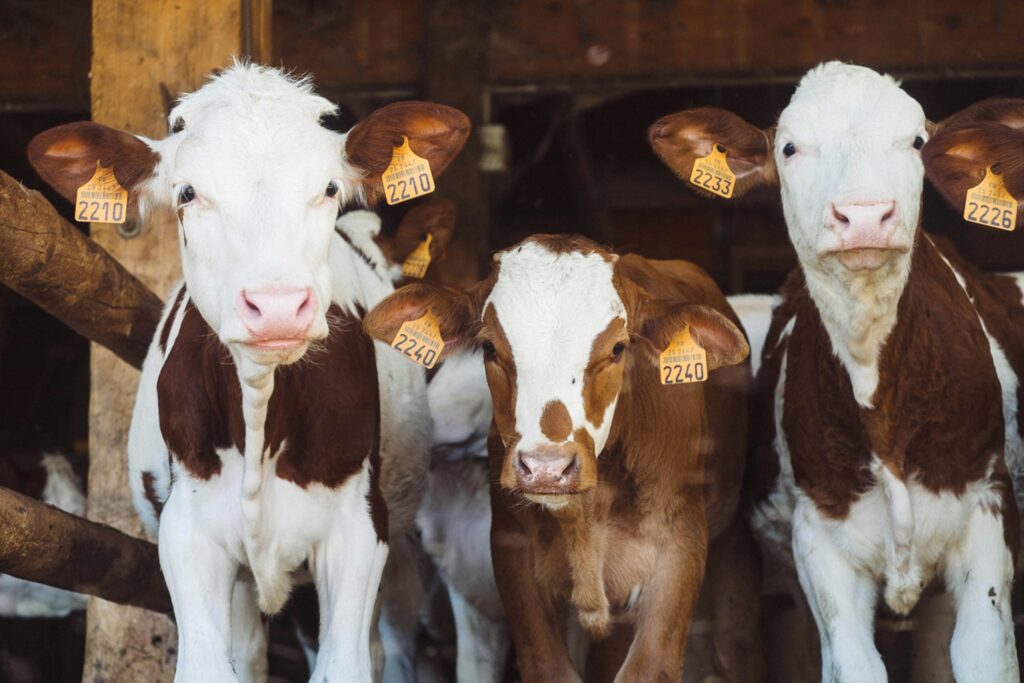EU agriculture policy shift: The European Commission has introduced a new long-term plan for Europe’s agriculture and food system. This plan marks a change from its previous, more ambitious goals for sustainability. The Commission unveiled the updated strategy on Wednesday, focusing more on making farming attractive and simplifying regulations, rather than pushing strict environmental targets.
This new approach moves away from the controversial Farm to Fork strategy. The strategy, which was part of the European Green Deal, aimed to reduce pesticide use by 50% by 2030. However, its goals proved difficult to meet.
Changes in Response to Farmer Pressure – EU agriculture policy shift
The Farm to Fork strategy was met with strong opposition from farmers. Many believed it placed too many restrictions on them. They argued that the rules caused divisions within the agricultural sector. Agriculture Commissioner Christophe Hansen spoke about this shift. He said, “The approach has changed, focusing on achieving reductions differently.”
The new strategy focuses on improving farming, ensuring fair incomes for farmers, and boosting the sector’s competitiveness. “We need an approach that rewards farmers rather than overwhelming them with restrictions,” Hansen said.
The Commission’s new approach also aims to make farming more attractive. Simplification is now the key objective. A large part of this plan involves streamlining the Common Agricultural Policy (CAP). The CAP makes up nearly a third of the EU’s budget.
Less Focus on Pesticide Rules
The new vision also takes a step back from previous pesticide regulations. The plan officially drops efforts to overhaul the EU’s pesticide framework. This change marks a significant shift in policy. While previous plans focused on reducing pesticide use, the new plan takes a different approach to reach environmental goals.
The Commission’s goal is to simplify the rules for farmers. This includes making it easier for them to navigate the agricultural system and ensure they are supported in the long term.
Focus on Supporting Farmers
The new strategy has a strong focus on farmers’ incomes. Many farmers in the EU are struggling with financial insecurity. Some even face the risk of poverty. To help, the Commission plans to introduce a generational renewal strategy. This will help young farmers access land, capital, and the skills they need to succeed.
The strategy also focuses on improving the position of farmers in the food supply chain. Farmers often have little control over the prices they receive for their products. Many are forced to sell at a loss due to the power of large retailers. The Commission plans to introduce new rules to address these issues. These rules will stop unfair trade practices and ensure farmers are paid fairly.
Limited Changes to Common Agricultural Policy – EU agriculture policy shift
While the new vision introduces important changes, it doesn’t include major reforms to the Common Agricultural Policy. Previous proposals, such as degressivity and capping, are still on the table. These ideas would distribute subsidies more fairly, giving more support to small farmers and less to large industrial farms.
However, the Commission has not proposed any significant changes to the direct payment system. This system makes up 75% of the CAP funding. It has been criticized for mainly benefiting large industrial farms. But the new plan does not address this issue in detail.
Ensuring Europe’s Food Sovereignty
One important part of the new strategy is strengthening Europe’s food sovereignty. The Commission aims to ensure that Europe produces more of its essential agricultural goods. This will reduce reliance on outside suppliers. By increasing Europe’s self-sufficiency, the Commission hopes to secure food supplies and improve the sector’s long-term stability.
Another key goal is to align the standards for imported goods with EU rules. The Commission plans to make sure that imported goods meet the same standards as those produced within the EU. This includes ensuring that imported products do not contain hazardous pesticides banned in the EU for health and environmental reasons.
A Focus on Fair Trade Practices
Fair trade practices remain a major focus. The Commission plans to take stronger action against unfair trade practices that hurt farmers. The new plan will introduce measures to prevent farmers from being forced to sell at a loss. This is especially important as farmers often find themselves in a difficult position when dealing with large retailers.
The Commission also plans to promote market diversification. This includes expanding export opportunities and reducing reliance on major suppliers. Diversifying markets will help ensure that Europe’s agricultural sector remains strong.
The European Commission’s new plan for Europe’s agri-food system represents a major shift in policy. It moves away from the ambitious environmental goals of the past and focuses on supporting farmers and ensuring a competitive agricultural sector. While the new plan may disappoint some who were hoping for stricter sustainability targets, it prioritizes the stability and growth of Europe’s farming industry.
For more updates on EU agricultural policies, visit Euro News 24.
